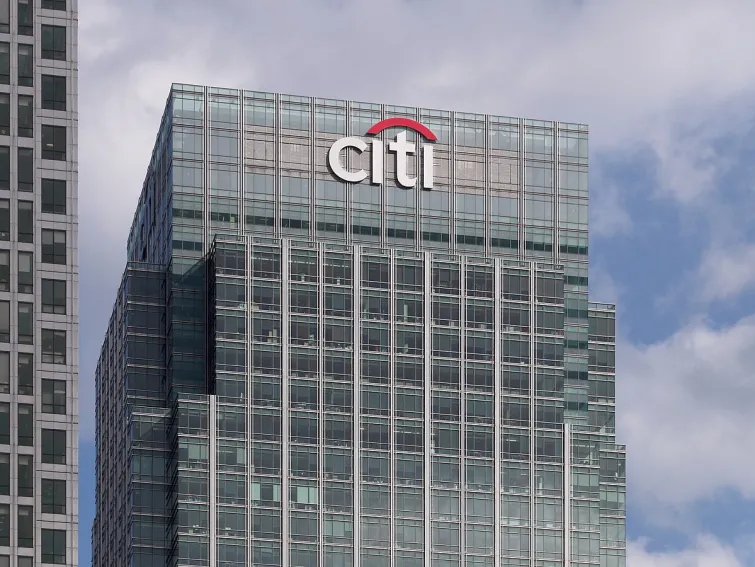
Citi to exit consumer banking in 10 Asian markets, doubles down on wealth
Consumer bank presence in Singapore, Hong Kong, UAE, and London unaffected.
In a stunning announcement, Citigroup said that it will be pulling back from its consumer franchises in thirteen markets across Asia and Europe, Middle East, and Africa (EMEA).
Citi, one of the biggest banks in the world, dropped the plans alongside its Q1 results announcement, where they said that they will instead direct investments and resources to businesses where it has “the greatest scale and growth potential”--namely its wealth management, institutional banking, and corporate banking businesses.
“As a result of the ongoing refresh of our strategy, we have decided that we are going to double down on wealth," Jane Fraser, Citi CEO, said regarding the exit plans, adding that Citi will instead focus its Global Consumer Bank presence in four wealth centers: Singapore, Hong Kong, the UAE and London.
Affected consumer franchises are those in Australia, Bahrain, China, India, Indonesia, Korea, Malaysia, the Philippines, Poland, Russia, Taiwan, Thailand and Vietnam. Citigroup’s Institutional Clients Group will continue to serve clients in these markets, the bank assured.
Speaking to Asian Banking & Finance, Citi APAC CEO Peter Babej said that the plans are part of Citi’s strategy to allocate resources where it could drive profitable growth for the group.
“The sharpened strategy that Jane announced today will redouble Citi’s focus on areas where our global network delivers the highest value to clients. This includes our market-leading wealth and institutional franchises in Asia,” Babej said.
“We will invest to grow the integrated wealth, payments and banking businesses in our Hong Kong and Singapore hubs. We will also continue expanding our institutional presence, delivering Citi’s unique global capabilities across all our regional markets. Asia is critical to our firm’s strategy, and we will allocate resources to drive profitable growth for our franchise,” he added.
In the announcement, Fraser admitted that whilst the other 13 markets have ‘excellent businesses', Citigroup doesn’t have the scale they need to compete in these markets.
“We believe our capital, investment dollars and other resources are better deployed against higher returning opportunities in wealth management and our institutional businesses in Asia,” she said.
The announcement also came just a day after Citi APAC appointed two new co-heads of Citi Global Wealth in APAC--signalling the group’s pivot to focusing on its wealth business in Asia.
Under its wealth business in the region, the bank reportedly has US$300b in assets under management (AUM), making Citi one of APAC’s top three wealth managers in 2020.
Earlier in April, Citi appointed Kartik Mani as head of consumer banking in Asia, three months after announcing the exit of former head Gonzalo Lucchetti.
Photo courtesy of mattbuck (Wikimedia Commons)






![Lorem Ipsum [ABF 1]](https://cmg-qa.s3.ap-southeast-1.amazonaws.com/s3fs-public/styles/exclusive_featured_article/public/2025-03/a_hand_pointing_to_a_futuristic_technology_5b87c9d0e3_1.png.webp?itok=2w0y1WhS)


![Cross Domain [Manu + SBR + ABF + ABR + FMCG + HBR + ]](https://cmg-qa.s3.ap-southeast-1.amazonaws.com/s3fs-public/styles/exclusive_featured_article/public/2025-01/earth-3537401_1920_4.jpg.webp?itok=WaRpTJwE)








 Advertise
Advertise

